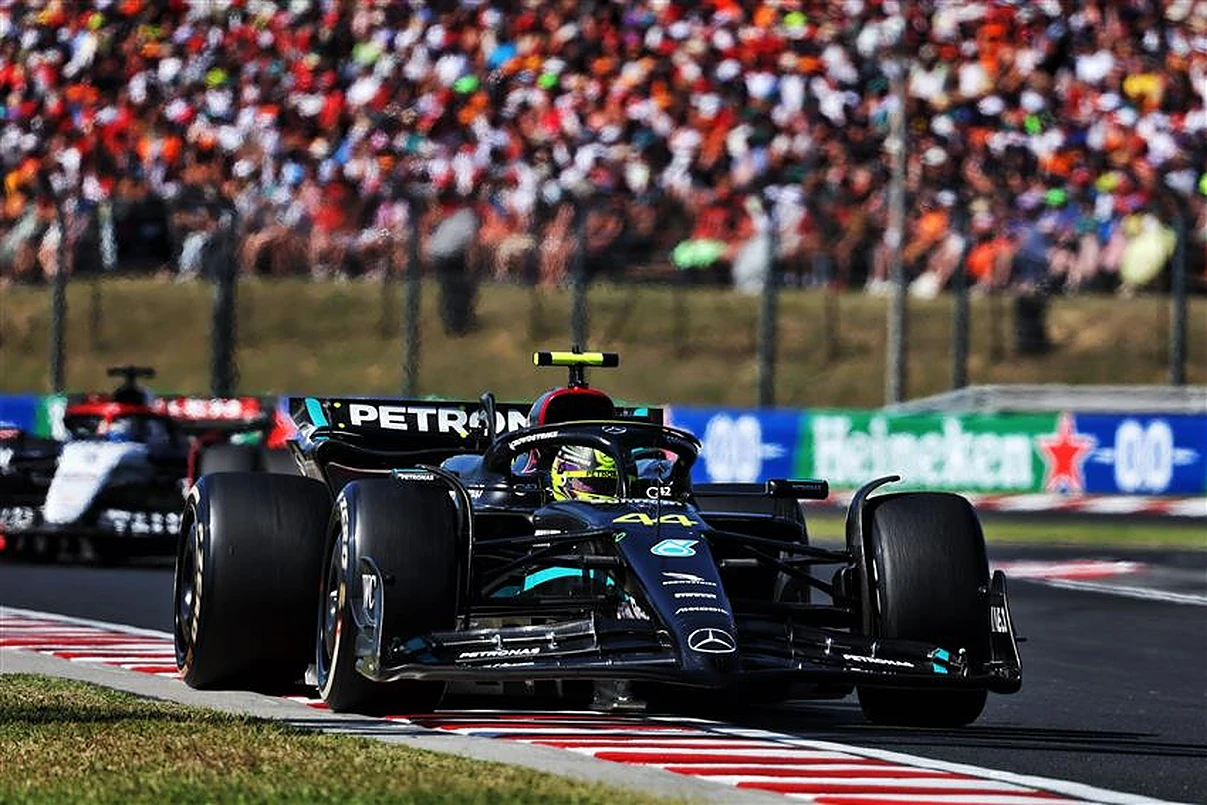Formula One (F1), once notorious for its money wasting, is now experiencing a remarkable turnaround.
A recent high-profile investment by Hollywood stars Ryan Reynolds, Rob McElhenney, and Michael B. Jordan in the Alpine team highlights F1’s growing popularity and robust fiscal health. Thought to be worth £157m ($199m), the funds make up 24% of Team Alpine and is seen as a serious business move by the stars.
If successful, it could pave the way for similar deals that would boost the strength of the sport.
The popularity of Hollywood in F1
Hollywood funding could be a long-term source of revenue for F1 teams, especially following criticism of alternative ways of raising money within the sport.
McLaren, for example, has been criticized for its partnership with Entain, a global corporation that has several betting subsidiaries. The F1 team have defended their deal, though, by saying that they will use the partnership to promote safer betting. The online gambling industry is also improving its reputation through promoting safe online casinos which, according to this source, appear to be readily available, and spreading educational material about responsible gambling. This could help water down criticism of McLaren’s sponsorship choices.
Revenue coming in from Hollywood, on the other hand, would surely prcvide a more positive and PR-friendly source of income for F1 teams. Hollywood’s involvement brings not only financial support but also increased visibility and credibility to the sport.
The hope is that by attracting high-profile investors and celebrities, F1 can tap into new audiences and expand its global reach.
Why F1?
In the past, Formula One teams often struggled to achieve financial stability and profitability. However, recent developments demonstrate a positive shift.
The consortium backing the Alpine team’s purchase, which includes Reynolds and McElhenney, is a clear indication that F1 has become an attractive investment opportunity. Their involvement, coupled with the consortium’s inclusion of RedBird Capital Partners, known for its successful sporting acquisitions, confirms F1’s ability to yield solid returns.
But why F1? Well, there’s a shifting attitude towards Formula One in the United States. The three celebrities in question recognized the opportunity to participate in F1’s rising popularity across the Atlantic following the inclusion of three Grand Prix races in the US this season, including Miami, Austin, and Las Vegas.
Last year, the Miami race garnered the highest F1 viewing figures in the country, with the Netflix series “Drive To Survive“ playing a significant role in sparking interest.
Expanding TV deals, such as ESPN’s renewal at a reported figure between $75 million and $90 million per year, also show F1’s growing presence in the US market.
All together it meant that Alpine put themselves up for sale at just the right time. The deal to buy them at a staggering value of $900 million confirms just how much the sport’s financial standing is improving.
Stefano Domenicali, the Formula One CEO, has recently commented on the sport’s strength and market appeal. Teams that were once sold for mere pounds now receive offers in the billions as investors see the potential of F1.
A Promising Future
Formula One’s improving business appeal is attracting admiring glances from other areas, too.
Audi, Hitech, and Andretti Racing are all international firms who could join the sport as new teams. While these entries would be subject to approval from F1 authorities, they could pump yet more funds into Formula 1. And this is not to mention interest from Saudi Arabia and all the wealth that comes with that.
The Saudi Public Investment Fund (PIF), reportedly considered acquiring Formula 1 earlier this year. However, the potential deal fell through as F1’s owner, Liberty Media Corp., was not interested in selling the franchise. The PIF valued F1 at over $20 billion, including debt.
Despite the failed attempt, the PIF remains interested in acquiring F1 and would be a serious bidder if Liberty Media changes its stance. Saudi Arabia has been actively investing in sports assets to promote Western-style entertainment under Crown Prince Mohammed bin Salman’s initiatives. The country has made notable investments in English Premier League football club Newcastle United FC and has hosted major events in boxing, golf, and F1.
While critics have labeled these efforts as “sportswashing,” aimed at diverting attention from the country’s human rights record, Saudi Arabia sees F1 as a flagship acquisition and Saudi investment in the sport is still on cards.
If F1 bosses can manage the interest well and keep up a positive image for the sport, then a trio of Hollywood celebrities might just be the tip of a new investment iceberg in the world’s most popular motor sport.

